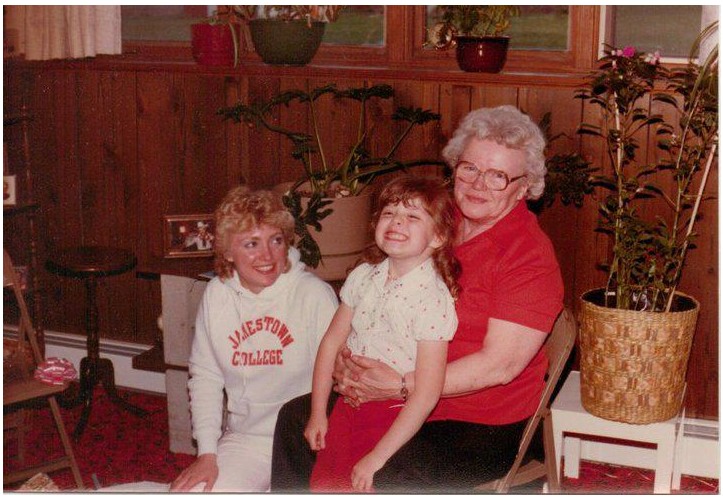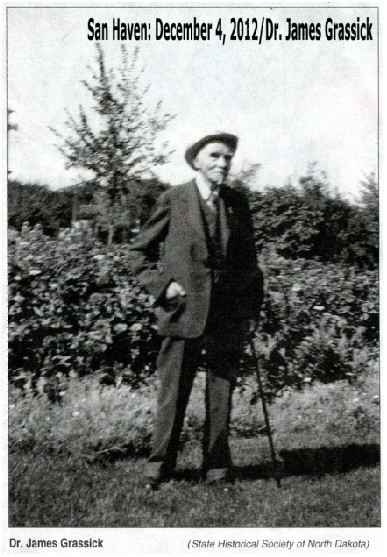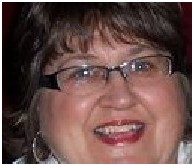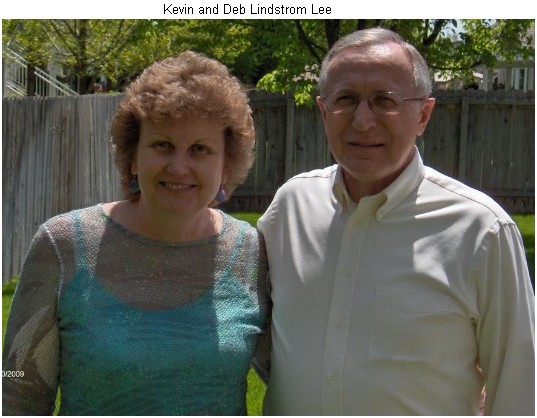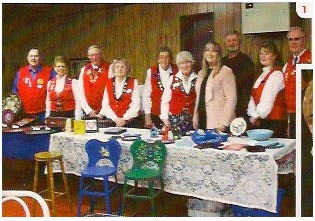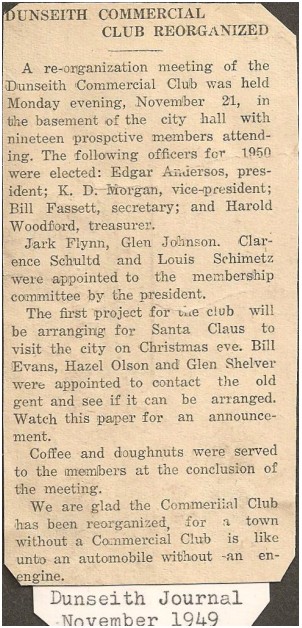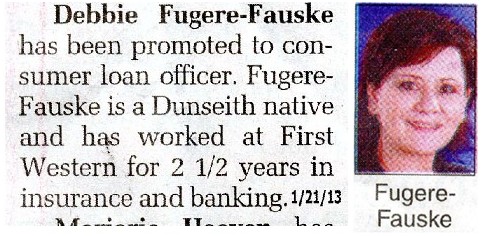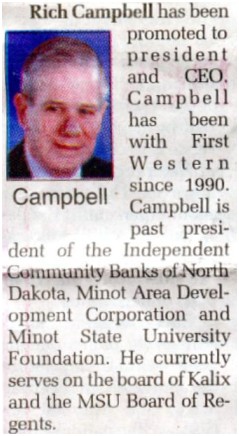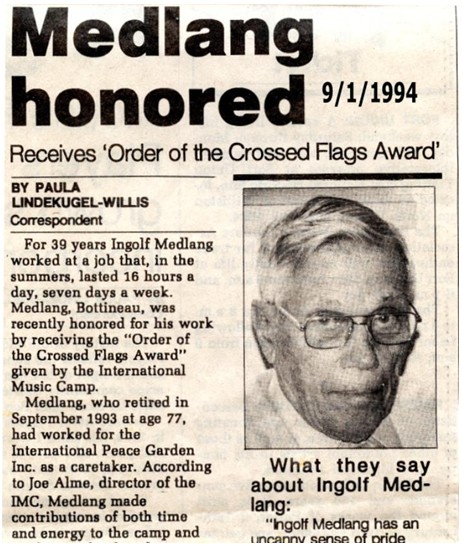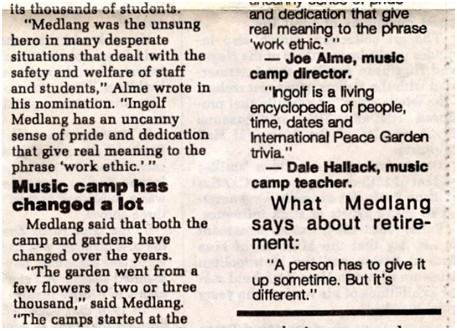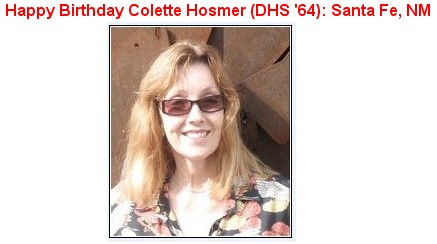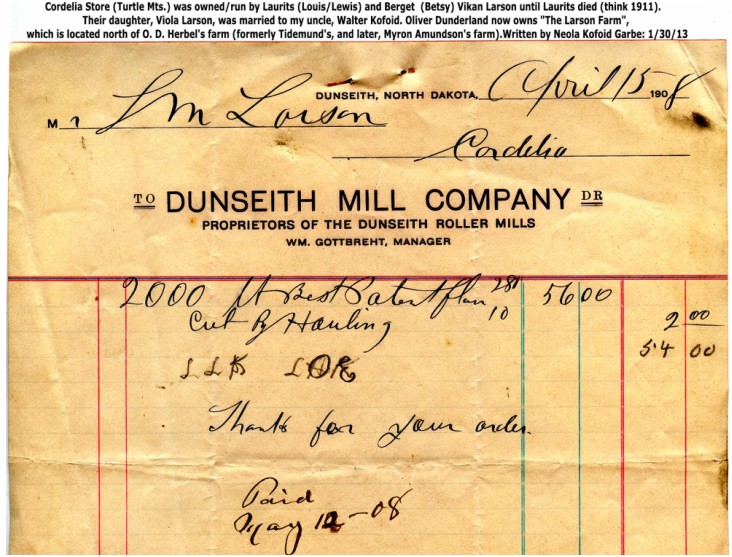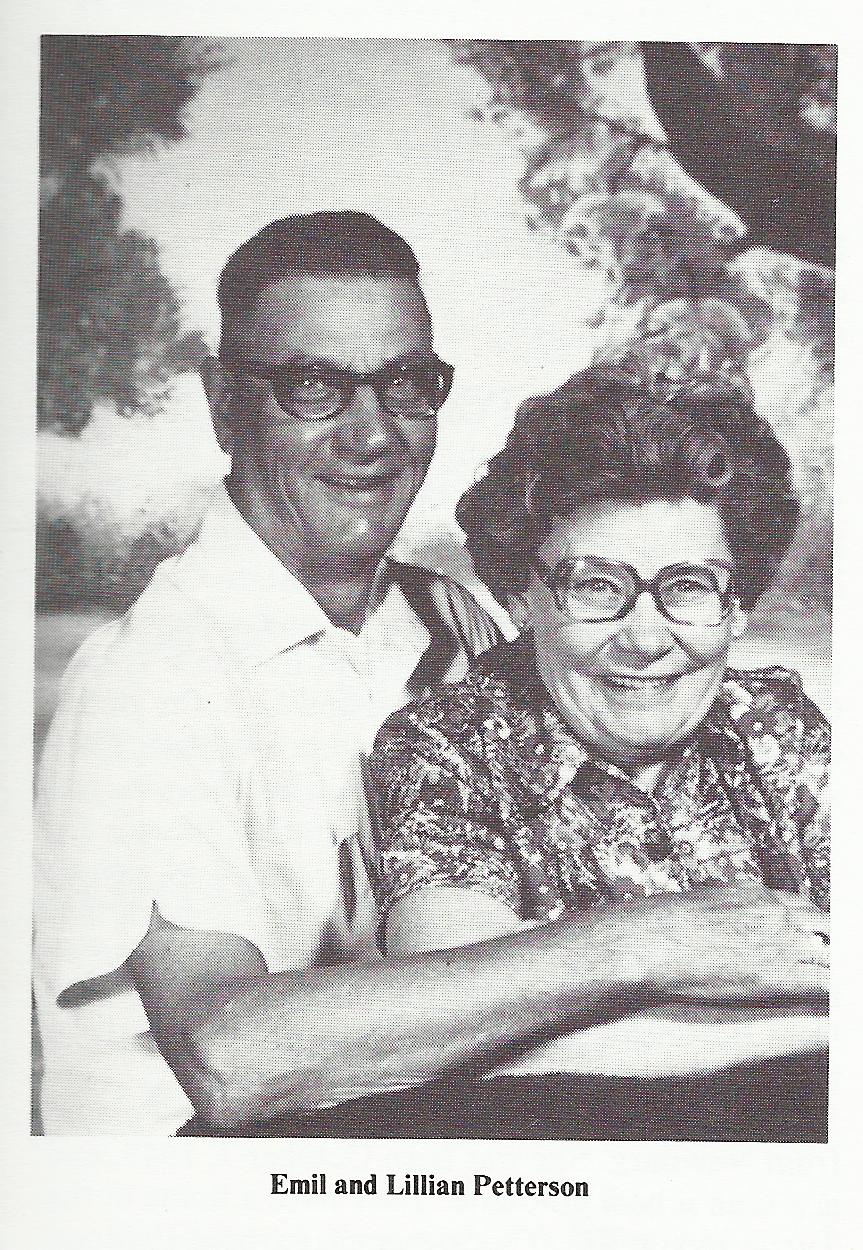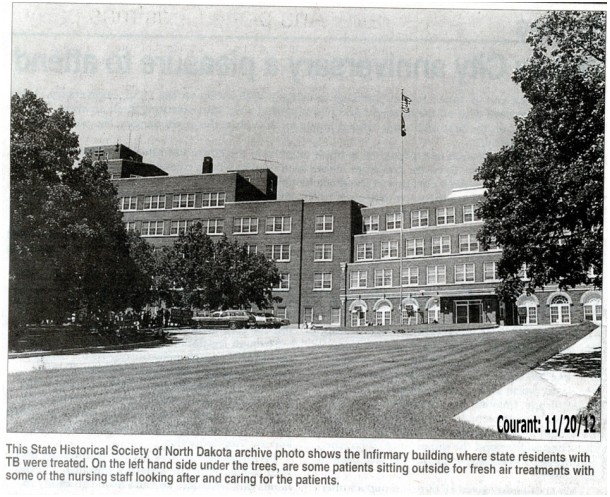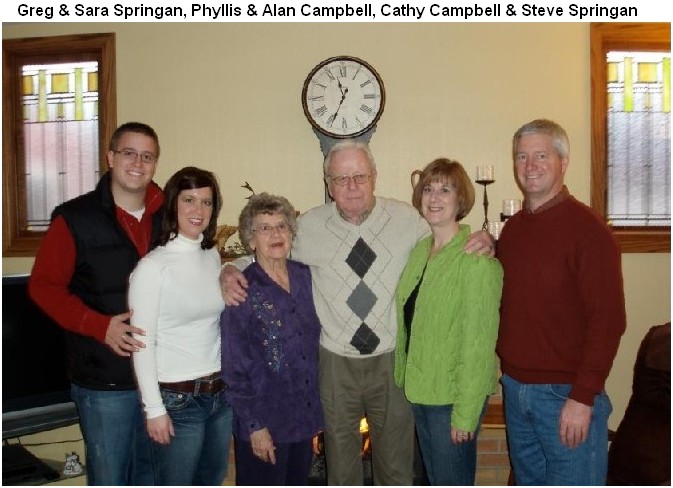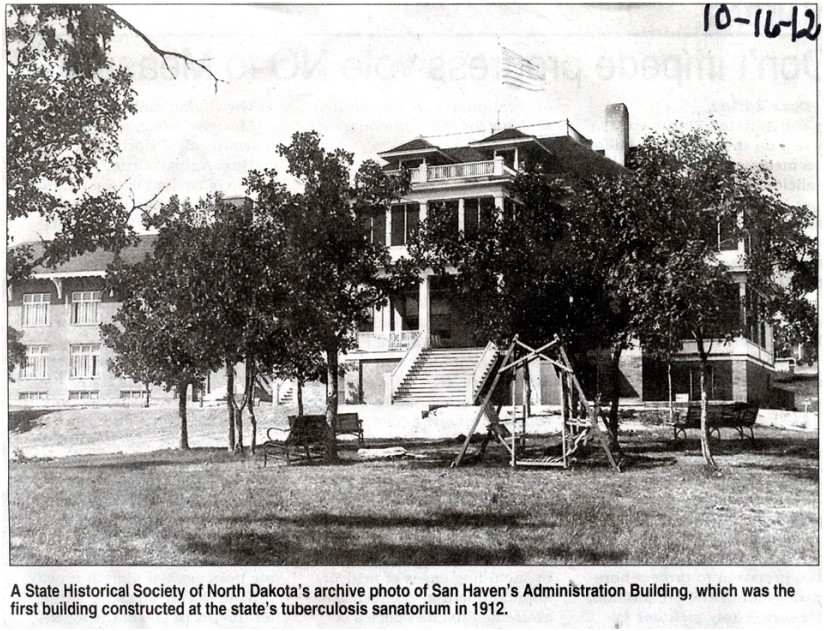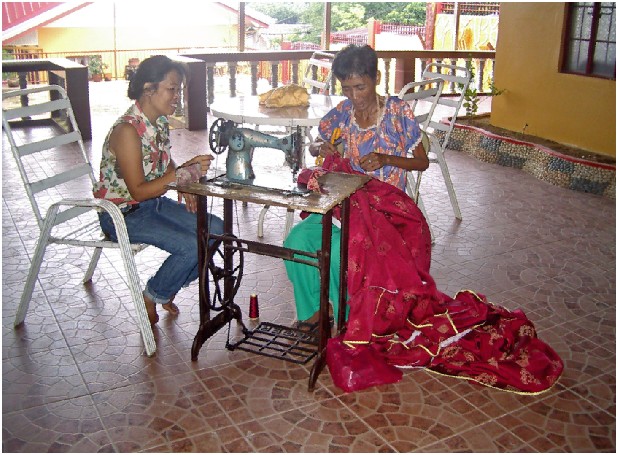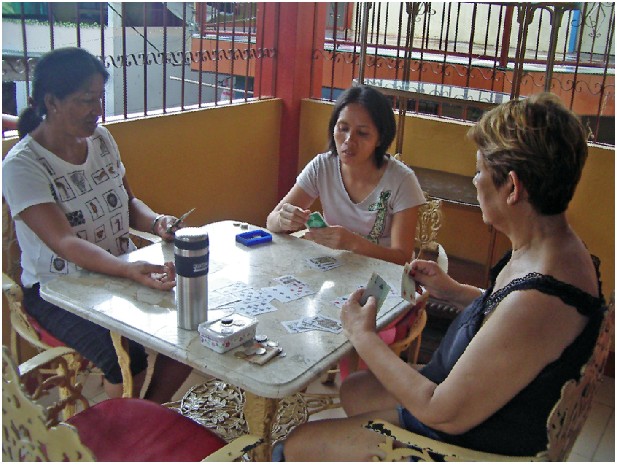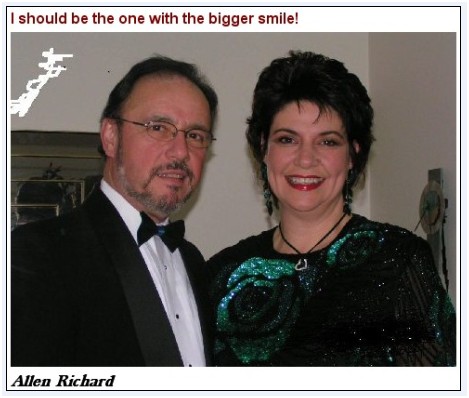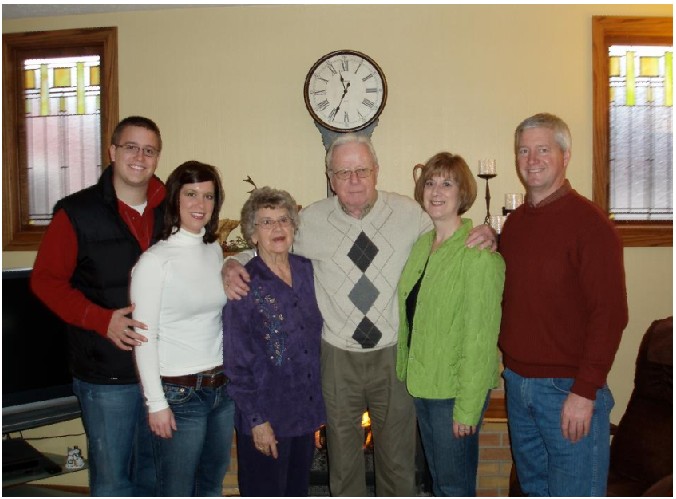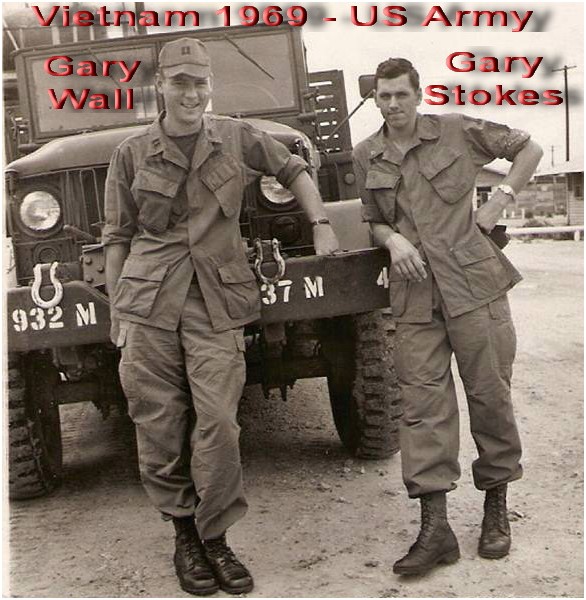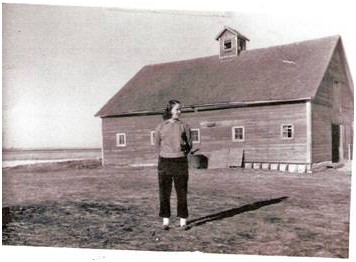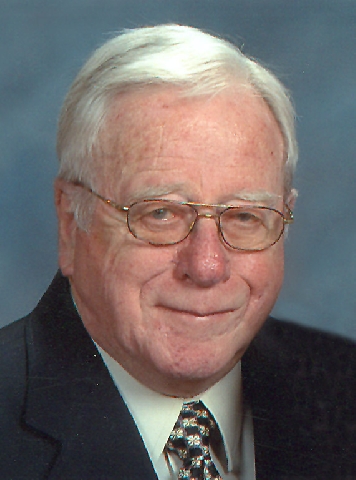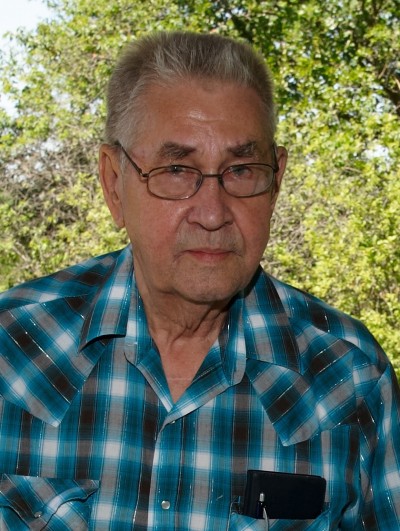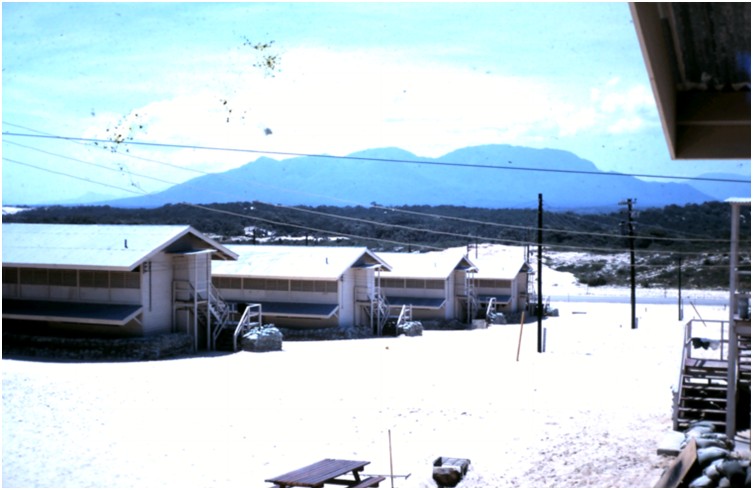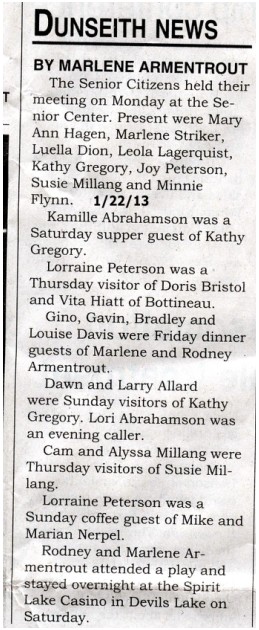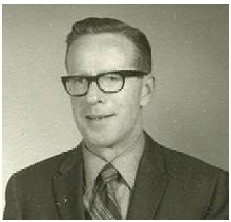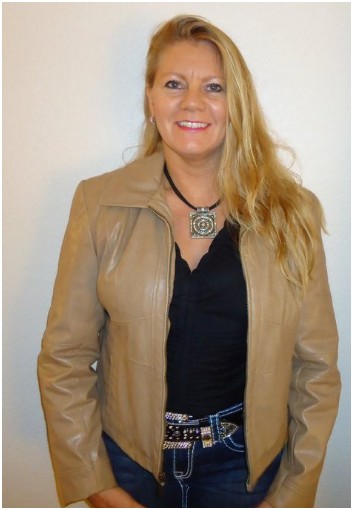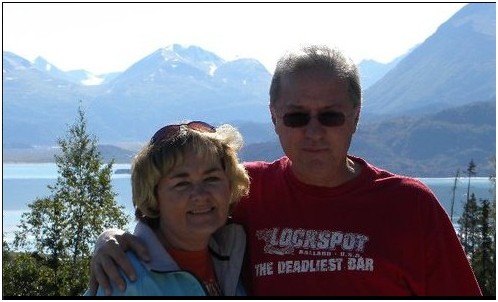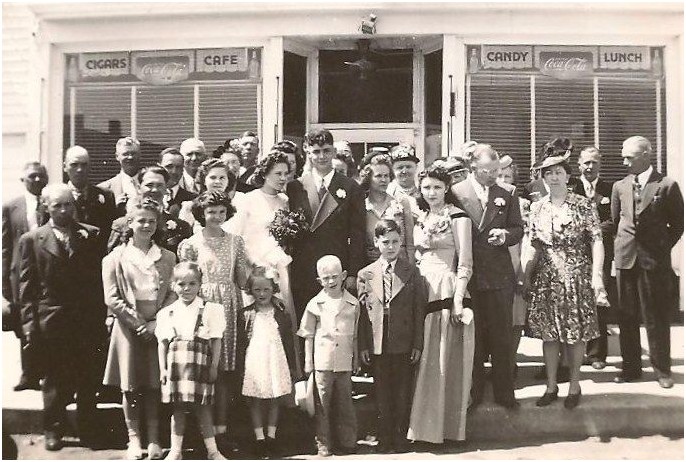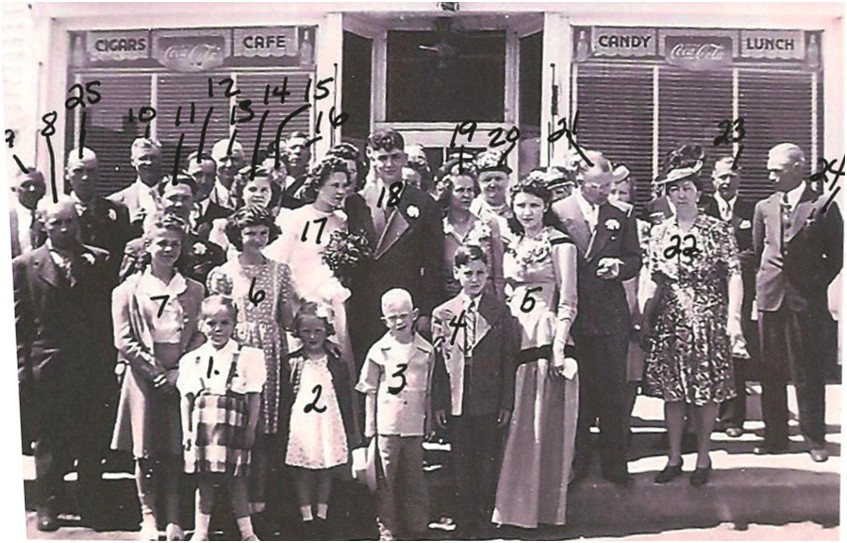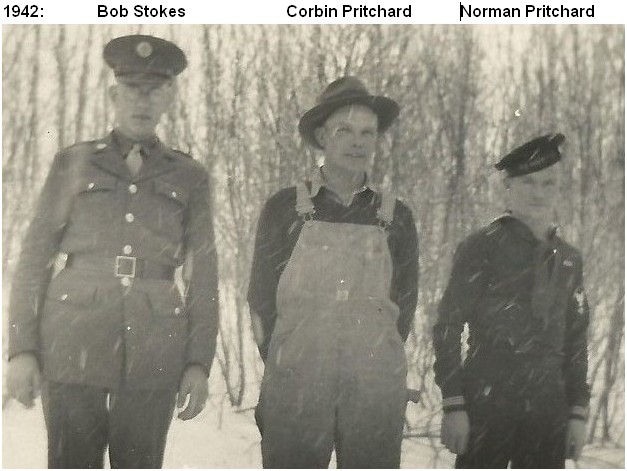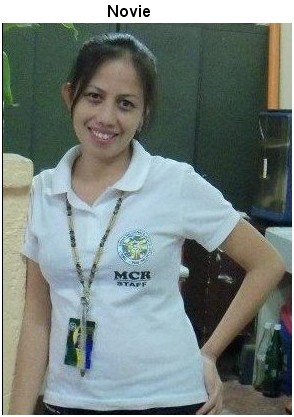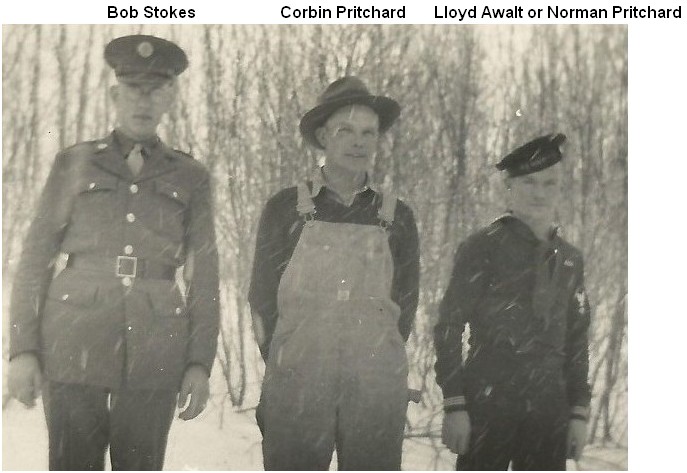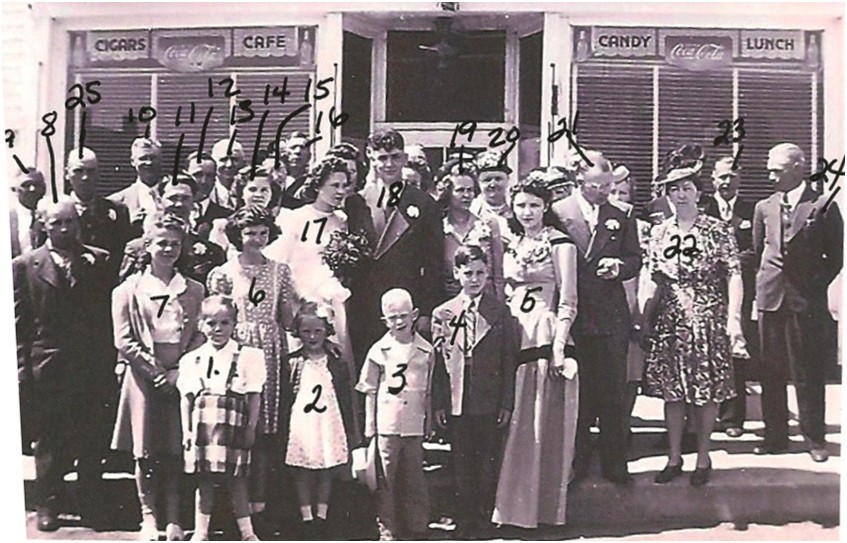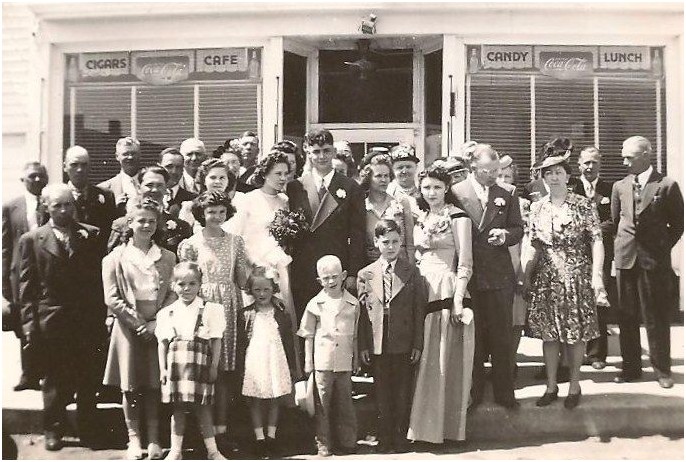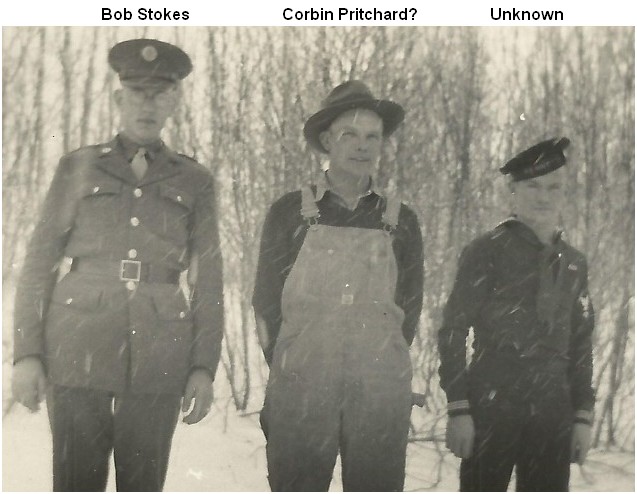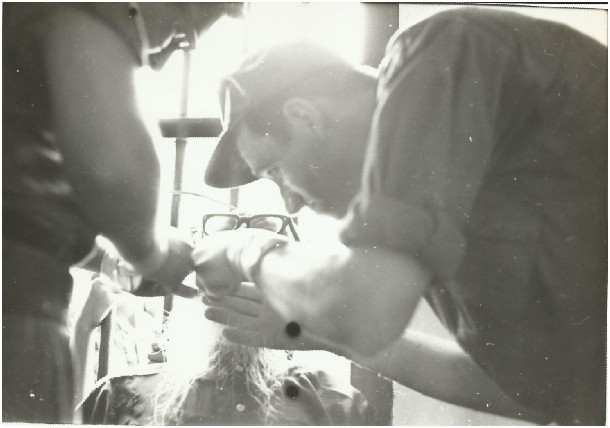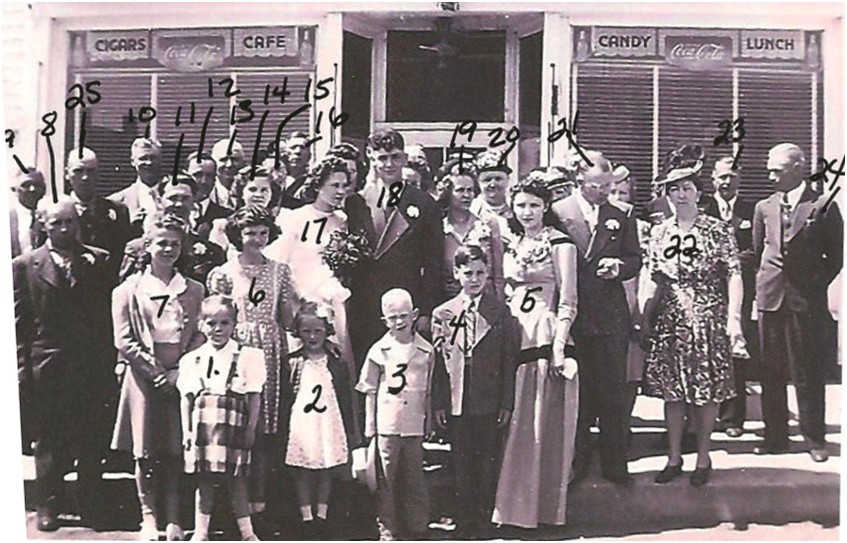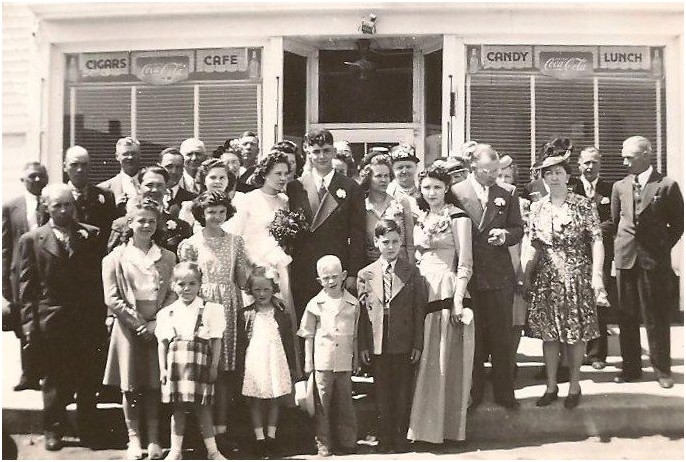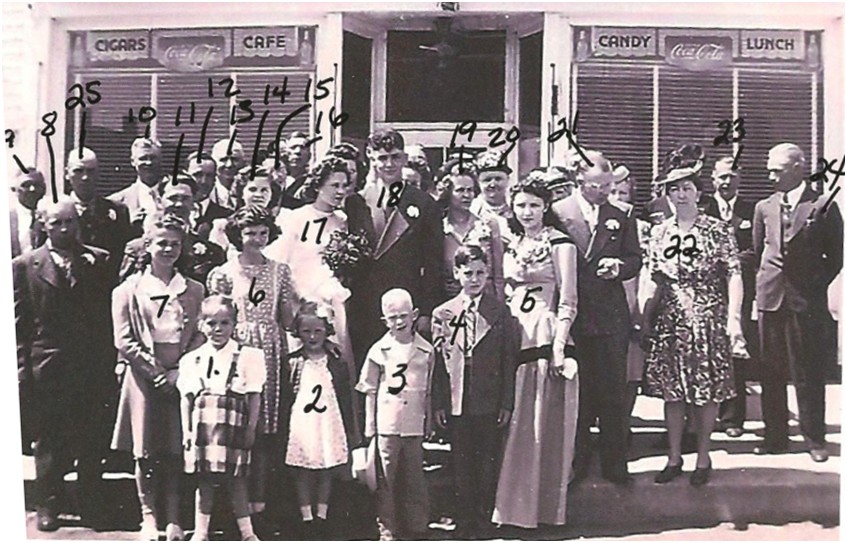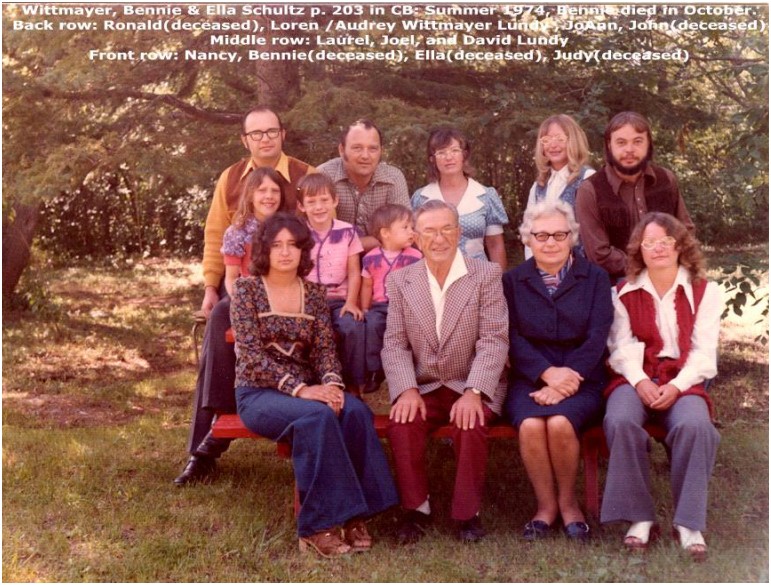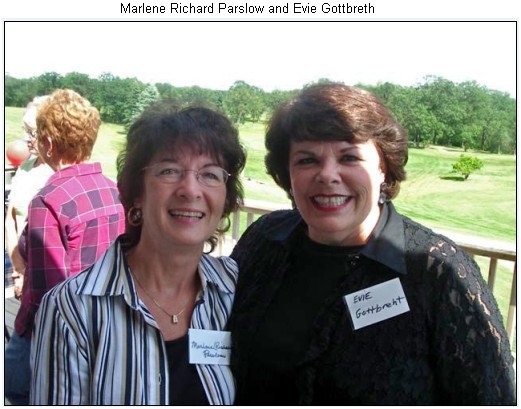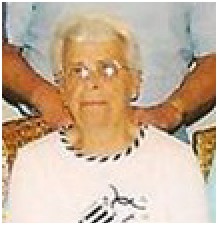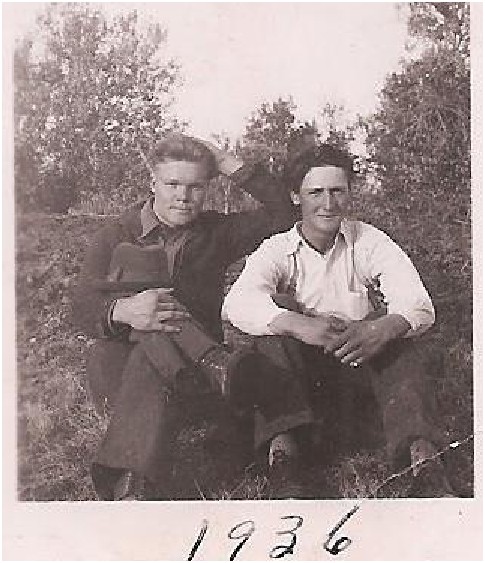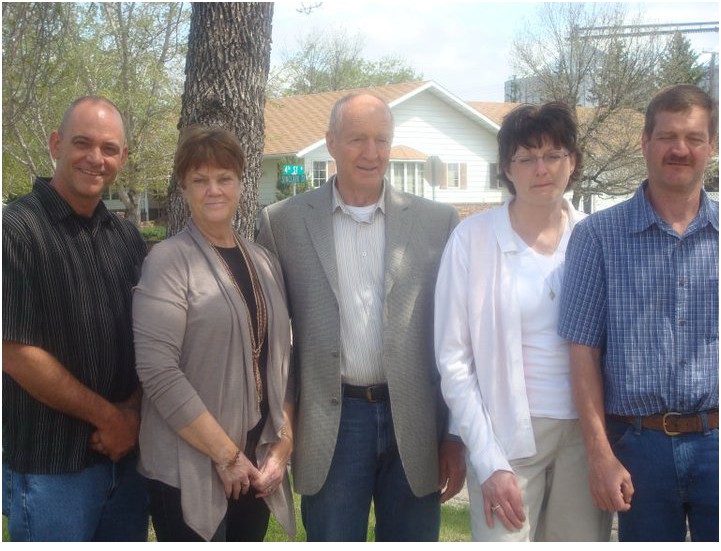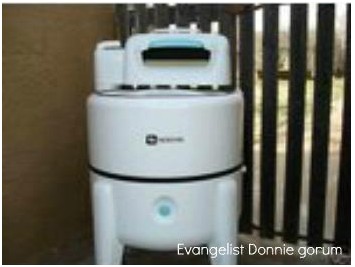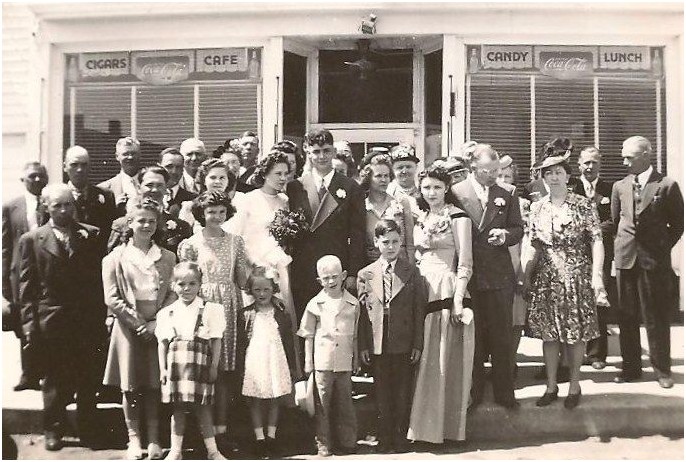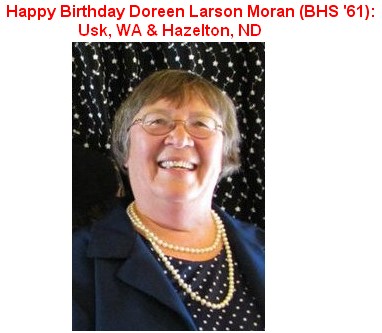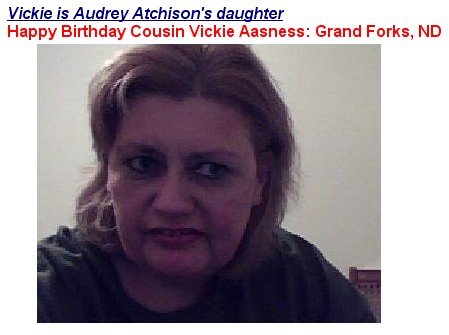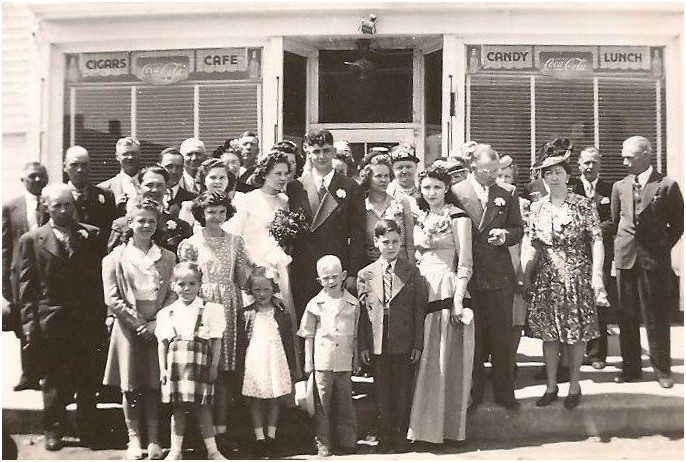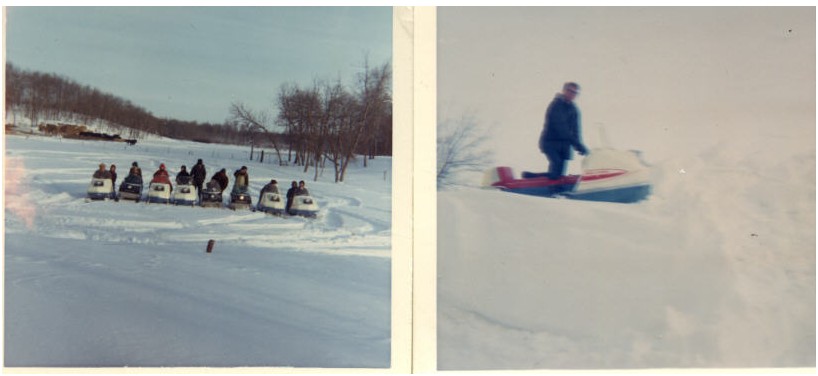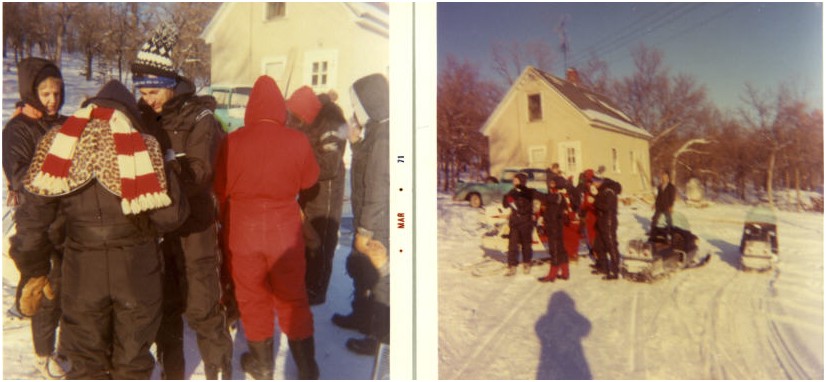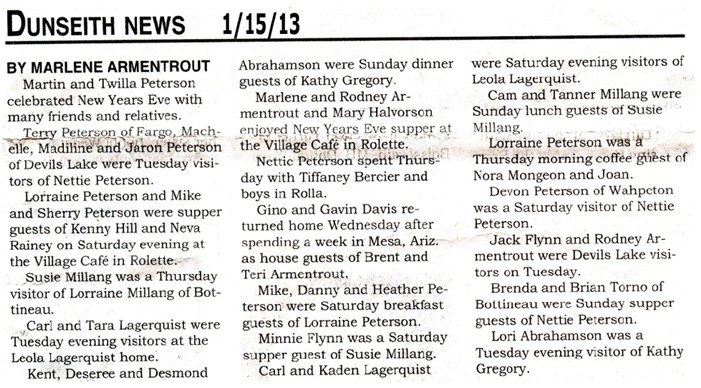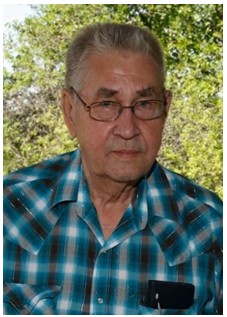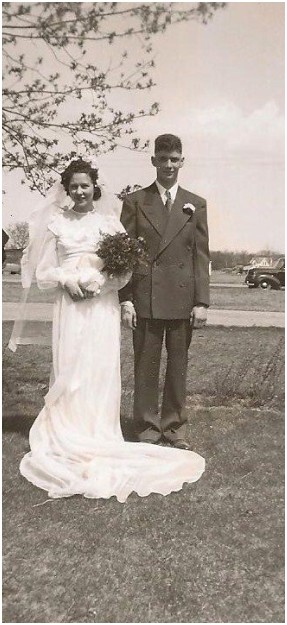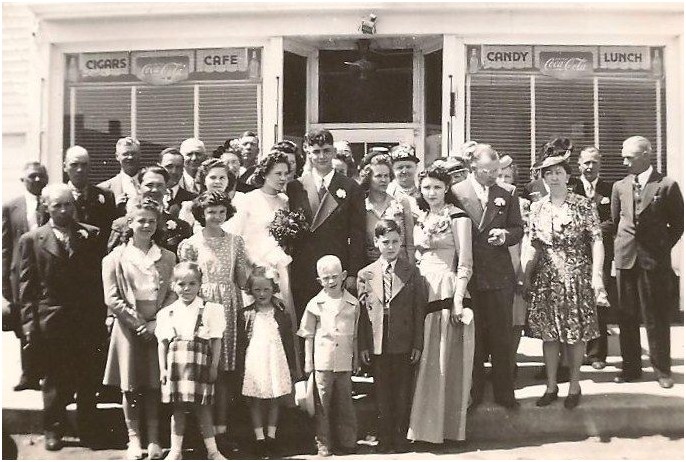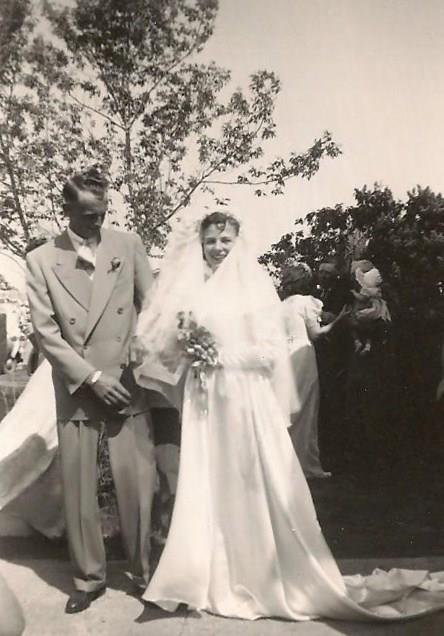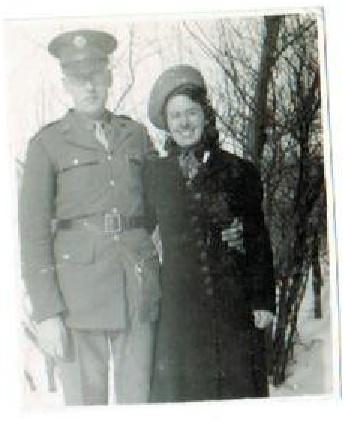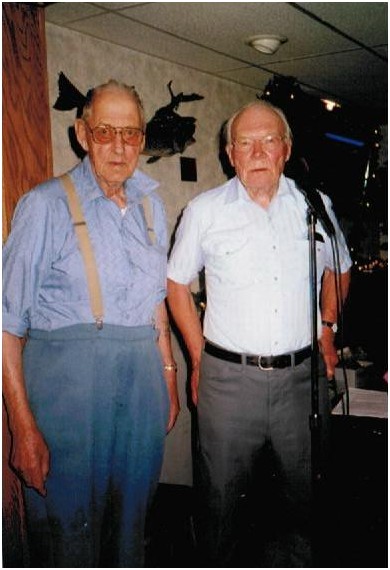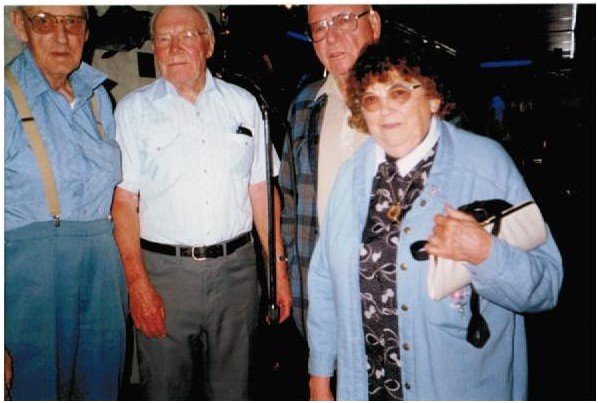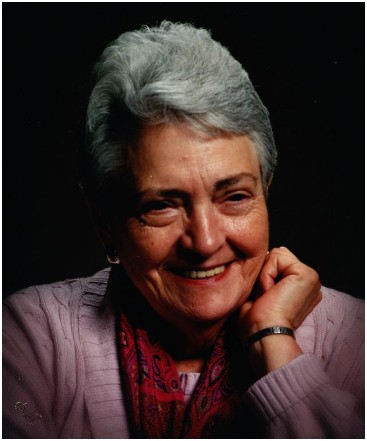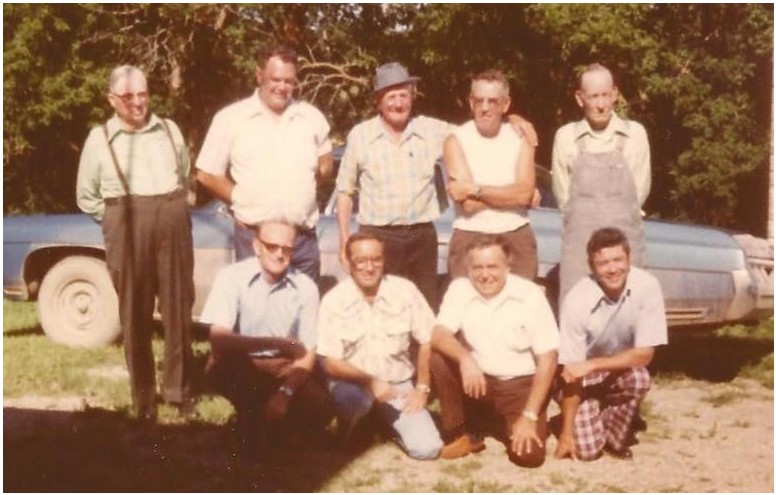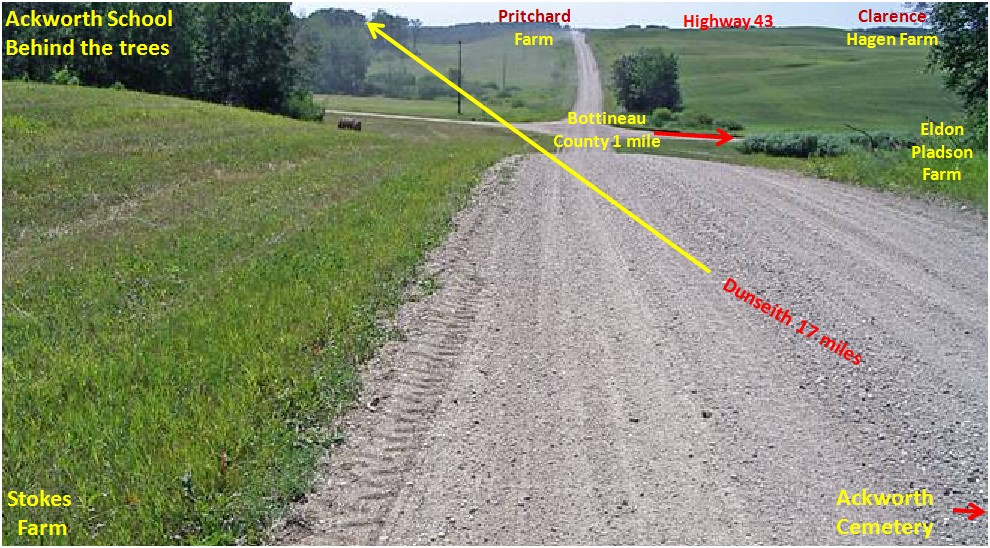Bernadette’s sister is here visiting.
Bernadette’s sister Allotte, arrived from Japan yesterday along with her daughter from Manila. They will be here for two weeks. Allotte was just here in November, but because of Bernadette’s health issues, she came back to see her. Bernadette was very happy to see her too.
Gary
Condolences to the Campbell Family
From Mark Schmitz (’70): Rolette, ND
My sincere Condolences to the Campbell, Family, It was so nice to see most of the Campbell family at Armand Mongeon funeral, and just the next week we lost George Azure. The active members of the Archie Jardine Post #185 of Dunseith ND. is now limited to Floyd Dion, Roger Counts and myself. It is so sad too see our friends of the Great Generation fall away. All we have now is many Fond Memories. Of Alan Campbell I remember Simonizing his 1958? Edsel, he was quite proud of that Auto.
Snagged from Cathy Campbell’s FB account
Campbell Family – Taken, I think, at Alan’s Memorial Service?
Arlin Melgaard Passed away
Message from Larry Liere (55) Devils Lake, ND & Mesa, AZ
Gary
The following is the Arlin G. Melgaard Obituary. Since he was from Bottineau I thought you may want to post it on your blog. I knew Arlin for the past 50+ years through the North Dakota Army National Guard. During the time he worked at Camp Grafton we got to be good friends. After he moved to Fargo and joined the Guard Band he would come back to Camp Grafton with the complete 188th Army Band and some times with his Roughcut Band so I would get to see him about two to three times a year. After he retired I would see him at are retirement reunions every Fall. He was a very fun guy and always had a smile on his face. Wish I was back in North Dakota I would attend his funeral. My condolences to his family and I can tell them Arlin was a great guy, a good friend and I loved his Roughcut Band.
Sent: Monday, February 04, 2013 1:40 PM
Subject: Arlin Gene Melgaard Obituary
Arlin Gene Melgaard, age 71, of Bemidji, Minnesota, was born on July 3rd, 1941, to Harold and Edith (Lunde) Melgaard at Bottineau, North Dakota. He passed away Feb. 2, 2013 at Sanford Bemidji Medical Center in Bemidji. Funeral Services will be 2:00 p.m., Saturday, February 9, 2013 at First Lutheran Church, Bemidji with Pastor Linnea Papke-Larson officiating. Visitation will be 5-7 p.m., Friday, February 8, 2013 at Olson-Schwartz Funeral Home with a prayer service at 7:00 p.m. and one hour prior to the service at the church. Interment will be in Greenwood Cemetery, Bemidji.Arlin attended school in Bottineau and graduated from Bottineau High School in 1959. He received a 2-year degree from the Bottineau School of Forestry in 1961. Following graduation, he enlisted in the North Dakota National Guard and was called to active duty during the Berlin Crisis and was stationed at Fort Lewis, WA. He and Judy Koland were married Nov. 24, 1962, in Bottineau and they had two children. He served full-time as an Administrative Supply Technician in Bottineau, Jamestown, Rugby, and Bismarck, ND for 13 years and was the summer Operations Officer for Officer Candidate School in Camp Grafton at Devils Lake, ND, and also in Fort Carson, CO.
�
In 1978, he joined the 188th Army Band, and formed “Roughcut” a country rock band within the 188 Army Band. Roughcut performed at various military functions both locally and overseas, including Jamaica and Australia. He continued his National Guard affiliation until he retired with 40 years of service in 2001.
Arlin and Wanda (Axvig) Bartsch were married May 19, 1976, in Bismarck, ND. They moved to Fargo, ND, where Arlin earned a degree in Human Resource Management from NDSU in 1979. After moving to Bemidji, MN, Arlin received his master’s degree in Career and Technical Education from Bemidji State University. He spent 25 years as an administrator with Pine to Prairie Co-operative Center in Red Lake Falls, MN, and North Country Vocational Co-operative in Bemidji, MN. Arlin also was an adjunct faculty member at BSU for 6 years. In 2004-2005 he served as president of the Minnesota Association of Career and Technical Administrators. Arlin received the Outstanding Career and Technical Educator of Minnesota Award in 2002.
Arlin was a member of First Lutheran Church in Bemidji, the American Legion, and served on the Board of Directors for the BSU Alumni Association. During his active Jaycee membership, he served as the National Chairman for Operation Threshold for the U.S. Jaycees.
Arlin will be remembered for his great sense of humor and his positive outlook on life. Everyone he associated with will miss his infectious laugh which brought joy and happiness to everyone. His hobbies included golfing, gardening, woodworking, and fishing.
Arlin is survived by his wife Wanda of Bemidji; his daughter Angie (Kirk) Kamin and girls Jessica & Emily of Mapleton, ND; two sons Cordell (Nikki) Melgaard and children Izzy & Liam of Owatonna, MN, and Chris (Julia) Bartsch and children Haley & Gavin of Cathedral City, CA. He is also survived by a brother David (Beve) Melgaard of Audubon, MN, and their children Kaaryn (Joe) Altobelli and Karsten (Steph) Melgaard; a sister Joann (Jerry) Metzgar of Bottineau, ND, and their son Michael (DeAnn) Metzgar; and several aunts, uncles, and cousins. Arlin was preceded in death by his parents.
Reply to Winifred Eurich’s photo posted yesterday
From Sharon Zorn Gerdes (’62): Windsor, CO
I was so happy to see the photo of Winifred Eurich, plus amazed at how much Jean resembles Mary. But then Mary, and Eileen look a whole lot like Winifred too. When I was a teenager I would ride my horse up to their farm and we would make a cake (homemade of course) on the old wood stove- and ride horses and talk. I have wonderful, precious memories of those times. Dave Eurich always knew so much about horses and I loved my horse. Another person who had a magnificent horse was Patsy McKay- his name was Viking and he ran like the wind. But Mary and I spent many hours on our horses- I think Eileen still has horses. Good times — good friends. Sharon Gerdes (63
San Haven Follow up message
From Brenda Hoffman (’68): Greenville, SC
Dear Gary,
I neglected to tell you that the Boguslowski’s (Alan and John) also lived in the Children’s Building. The Boguslowski’s had the first TV that I remember at the San and we kids used to watch shows like “Sky King” etc in their living room. One of my first remembered lessons in etiquette was learning from Mom that I couldn’t just wonder into their apartment (I don’t think anyone locked their doors) to watch TV. Before the Boguslowski’s moved into that large second story apartment, it was the Jeff Olson and family apartment. Jay Vanorny is also a Children’s Building alumni. As are Jeanne Nicholson (sp?) and the Thiefold (sp?) kids – Mona, Darlene and Raymond.
There were about twenty children and their families living at the San. We took over the large open grass area beside the Children’s Building to play softball and croquet, the sidewalks for bike races and roller skating and often the commissary bathroom for water balloon fights. We marveled at the large room above the dining room with it reels of film and the film projector and played house in the apartments above the commissary. Jay V. was a whiz at drumming up extra business for our kool-aid stand – strategically placed to capture the hospital workers – by bringing his stuffed animals to draw in the customers. Summer seemed to last forever.
Brenda (Class of 1968)
San Have Articles published in the Bottineau Courant
Provided by Scott Wager from the Bottineau Courant
By SCOTT WAGAR Bottineau Courant
Dr. Fannie Dun Quain and Dr. James Grassick are two of the most important individuals in caring for tuberculosis in the state of North Dakota. These two individuals established the North Dakota Tuberculosis Association in 1909 and went on to lobby for a state run sanatorium, which opened as San Haven in November of 1912.
Quain and Grassick each lived distinctive and remarkable lives that lead to their partnership in lowering the number of TB cases in North Dakota, which they were successful in through education and proving that a sanatorium could save lives.
DR. FANNIE DUNN QUAIN: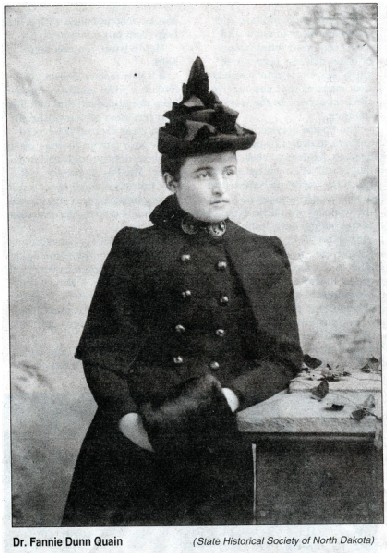
Dr. Fannie Dunn Quain was born in 1874 in Bismarck while North Dakota was still a territory. Her father, John Dunn, was a pharmacist and her mother, Christina Seelye Dunn, was dress and hat maker.
Quain went to school at Bismarck High School and earned her teaching degree from St. Cloud State University in Minnesota. Although an educator, Quain’s interest was in medicine and she wanted to pursue a career as a physician, but women in this time were deeply frowned upon in pursuing a medical degree and her parents were of humbles means and could afford to send her to medical school.
However, Quain was a determined person with aspirations in attending medical school. To do raise the money, she taught school while at the same time working other jobs. In 1894, she entered the University of Michigan Medical School at Ann Arbor, MI and graduated from the institute in 1894, making her first female from the State of North Dakota to hold a doctor of medicine degree.
After graduating from medical school, she conducted her internship in Minneapolis, MN, and then moved back to North Dakota to practice medicine.
In the beginning of her medical career, she traveled throughout the state caring for patients, often in some of the worse winter weather the state had seen in its history.
One of the best stories about Quain and the seriousness she held in caring for patients took place when a man was traveling on Northern Pacific railroad and came down with an acute appendicitis and needed medical immediately.
Quain was informed of the medical incident. To treat the man she obtain a railroad hand car and cranked the 600 pound car by herself down the track six miles, over the Missouri River on the Northern Pacific Railroad Bridge, to the train coming down the rail line. She then escorted the man to the local hospital and saved his life.
While working at St. Alexius Hospital in Bismarck, Quain was introduced to Dr. Eric Peer Quain, a surgeon in the medical facility. The two married in 1903. (Dr. Eric Quain was one of the founders of the Quain and Ramstad Clinic, which today is known as the Q&R Clinic in Bismarck.)
Quain continued to practice medicine after she married and became a major player in the fight against TB in the state due to an appointment made by Governor John Burke who sent Quain as a delegate to the First International Congress on Tuberculosis, which was held in Washington D.C. She was accompanied to the conference by Grassick and it was there the two them found an enthusiastic interest in eradicating TB from their home state.
Quain was so impressed with the conference and its’ exhibits she personal bought all the exhibits and had them shipped back to North Dakota. She then originated a traveling exhibit which traveled throughout the state educating individuals about TB.
In 1909, she and Grassick established the North Dakota Tuberculosis Association. She served as the association’s secretary from 1909 to 1921, vice president from 1921 to 1928 and 1948 to 1950, president from 1928 to 1936. She also was the treasurer of the organization from 1939 to 1948.
In 1909, Quain and Grassick began lobbying state legislatures for a state run sanatorium and were able to acquire funding to purchase property for a treatment facility. In 1912, San Haven opened in the Turtle Mountains due to the location personally chosen by the two physicians.
Quain work in TB continued after San Haven was established through public awareness of the disease and promoting victims of the disease to be treated at the San.
She also served on the North Dakota State Board of Health from 1923 to 1933 and was the board’s president for a number of years.
To assist women in the medical field, she became the regional director of the Medical Woman’s National Association from 1933 to 1934 for the states of North Dakota, South Dakota, Minnesota and Iowa.
To improving nursing training in the state, Quain chaired the Nurses Training School Committee at Bismarck Evangelical Hospital from 1920 to 1940 and was the president of the training school in the 1930s.
Along with TB, children had a special place in heart of Quain, so much so, she established the first baby clinic in the state.
Quain passed away on Feb. 2, 1950, at the age of 75 in Bismarck.
DR. JAMES GRASSICK
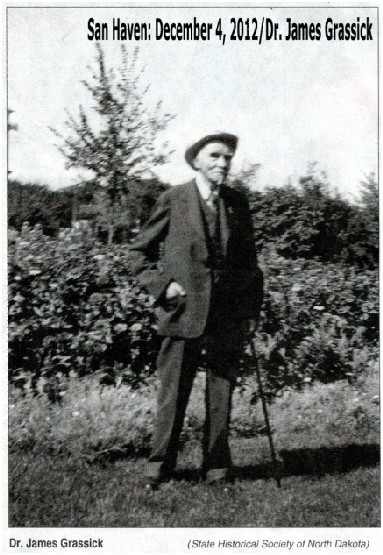
Dr. James Grassick was born in Aberdeenshire, Scotland, on June 29, 1850. His father, Donald, passed away in 1851 and his mother, Helen Edward Grassick, migrated to Huron County, Ontario, with her eight children where he attended public school in Stanley, ON, where he graduated from high school.
Grassick became a teacher in Huron County for a number of years, but his goal in life was to become a physician. While teaching, Grassick studied medicine through the office of Dr. J. McDiarmid of Hensall, ON. He went on to attend Rush Medical College in Chicago, IL, and graduated from the school in 1885.
After graduating from medical school, Grassick spent the summer of 1885 attending lectures and clinics in two hospitals in Toronto before moving that fall to Buxton, N.D. where he practiced medicine for 20 years and became the first permanent physician in the community.
Grassick was a kind and caring physician and dedicated to his job which sent him throughout the Buxton area. This was shown in the late 1800s when he was called to a rural farm one night to care for a sick individual in the wintertime during an extreme cold spell that had hit the area. Grassick set out for the farmstead with sleigh and horses and was overcome by a blizzard that came up quickly.
Due to the heavy snow fall and winds, the trail he was on became invisible due to a white out, but he continued on his way. With no visibility, the horses fell into a ravine where the sleigh became lodge.
Grassick unhitch the horses and let them go, and he continued on his own in hopes of finding shelter. After hours of walking he began to lose his strength and started to fear death, but as he lost hope he heard a mule. First, Grassick though he was dreaming but then heard the mule again and followed the sound of the animal until he walked into the farmyard the animal was in. He first noticed his horses and then went to the door and knocked.
The homesteaders of the farm house opened a door with a lamp in hand and asked who it was in Norwegian. Grassick stepped inside and collapsed. The next day he awoke in the cabin still weak from the night before. He spent a few days recovering and after going back to work, Grassick return to the farmstead to thank the homesteaders and the mule which saved his life.
The mule’s name turned out to be Ole and his reward in saving Grassick’s life was a bundle of corn, which Ole enjoyed greatly. Because the mule enjoyed the corn, Grassick, throughout the remainder of the winter, made sure the mule was supplied with corn for his kindness to him.
In 1889, Grassick married Christina McDougal of Brucefield, ON, and the couple had two children, Donald and Jessie Christina.
In 1905, Grassick moved his practice to Grand Forks and within a two year period Burke named Grassick the superintendent of the North Dakota Public Health Office, an position he held for six years.
In 1908, he attended the First International Congress on Tuberculosis with Quain. It was here where Grassick gained a great insight on TB and dedicated his life to ending this disease in North Dakota. He stated in his personal journal that the conference made a “direct influence in shaping the activities in my life.”
Once back in the state, he and Quain established the North Dakota Tuberculosis Association where he serve as its’ president and they went on to establish San Haven.
He became the editor of the “Pennant” a monthly periodical that focused on the caused, prevention and cure of TB. The “Pennant” had a circulation of 4,000 and sent to every state in the county and all the provinces of Canada.
Grassick also established a traveling clinic where he and nurse traveled across the state diagnosing patients with TB while educating the public on prevented measures with the disease.
Grassick had a love for children like Quain, and in 1928 Camp Grassick was established, which was a summer camp for underprivileged which were more susceptible to TB.
Beyond of TB, Grassick was appointed the University Physician at UND in 1917, a position he held for numerous years where he was a special lecturer. He also originated the University Dispensary for students to seek out advice, be given physical examinations and treatments at no cost. Grassick was appointed the university’s contract surgeon for S.A.T.C Contingent and served in that capacity during one of the worse epidemic known in the world, the 1918 Flu.
In 1923, Grassick was elected the president of the North Dakota Medical Association and he also served as a board member and director for Buxton’s First State Bank for a long period of time, even after he left Buxton for Grand Forks.
On Dec. 20, 1943, Grassick passed away at the age of 90.
Even though Quain and Grassick are no longer amongst us, their early beginnings with eradicating TB can still be seen in North Dakota. The North Dakota Tuberculosis Association is now the American Lung Association of North Dakota and Camp Grassick is still in operation caring for children with lung aliments.
Through the Quain and Grassick’s hard work they also eliminated around 99 percent of TB in the state, but with them leading the way TB is now a controllable disease with very little chance of taking anyone’s lives in the state, which says a lot about these two pioneer physicians who feared who faced danger straight in the face and made a difference
Rose and Art Hagen
Happy couple. They’ve got the world by the tail. Where you see one
you will see the other. Always together and I must say in many
different places too. I will see them at Bowling tomorrow.
Joke of the day
Posted by Doreen Larson Moran (BHS ’61): Usk, WA & Hazelton, ND
Ole Fills In
A doctor in Duluth , Minnesota wanted to get
off work and go hunting, so he
approached his assistant.
“Ole, I am goin’ huntin’ tomorrow and don’t want to close the clinic.. I want you to take care of the clinic and take care of all my patients.”
“Yes, sir!” answers Ole.
The doctor goes hunting and returns
the following day and asks: “So, Ole,
How was your day?”
Ole told him that he took care of
three patients. “The first one had a
headache so I gave him TYLENOL.”
“Bravo, mate, and the second one?”
asks the doctor.
“The second one had stomach burning and I gave him MAALOX, sir,” says Ole.
“Bravo, bravo! You’re good at this and what about the third one?” asks the Doctor.
“Sir, I was sitting here and suddenly the door opens
and a woman enters.
Like a flame, she undresses herself,
taking off everything including
her panties and lies
down on the table and shouts:
‘HELP ME – I haven’t
seen a man in over two years!!’”
“Tunderin’ Lard Yeezus, Ole,
What did you do?” asks the doctor.
“I put drops in her eyes!!”
You thought I was sending a dirty joke!!
NOT ME!







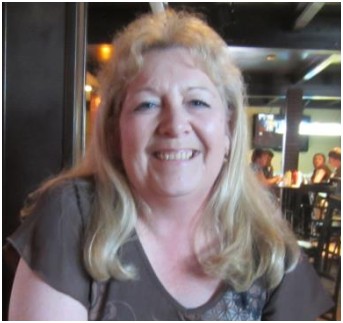
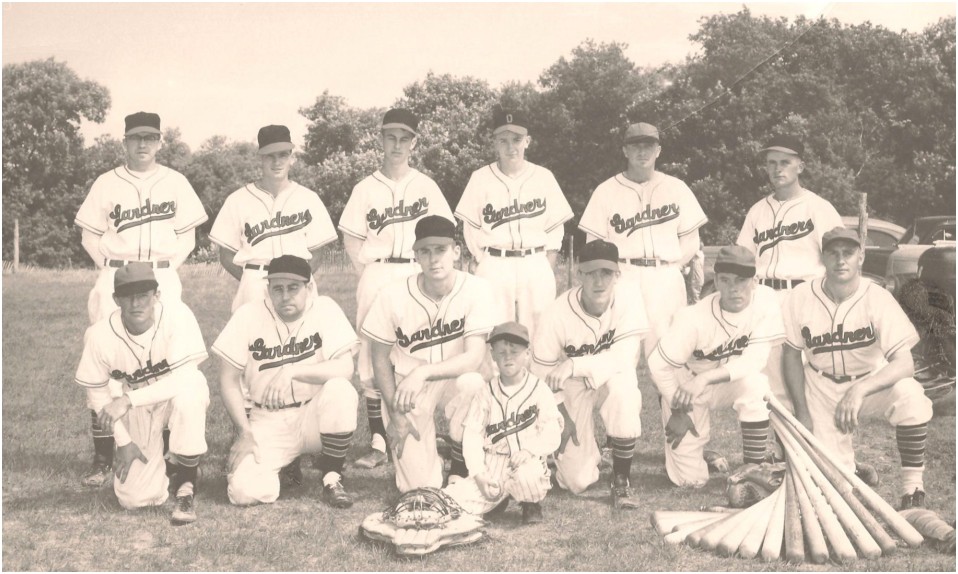
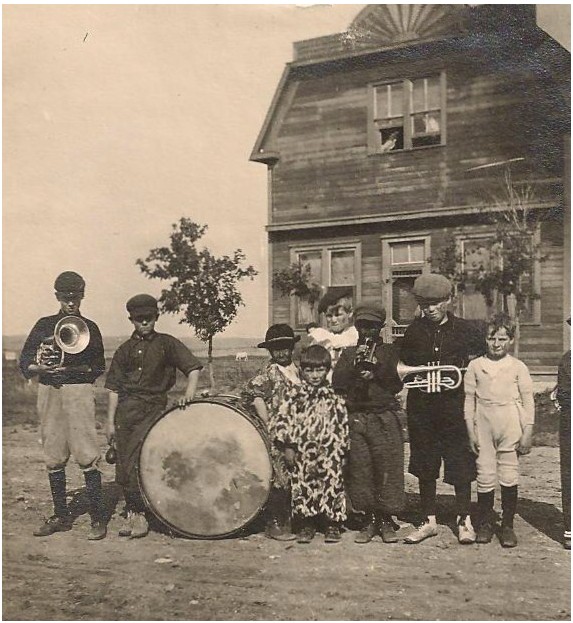
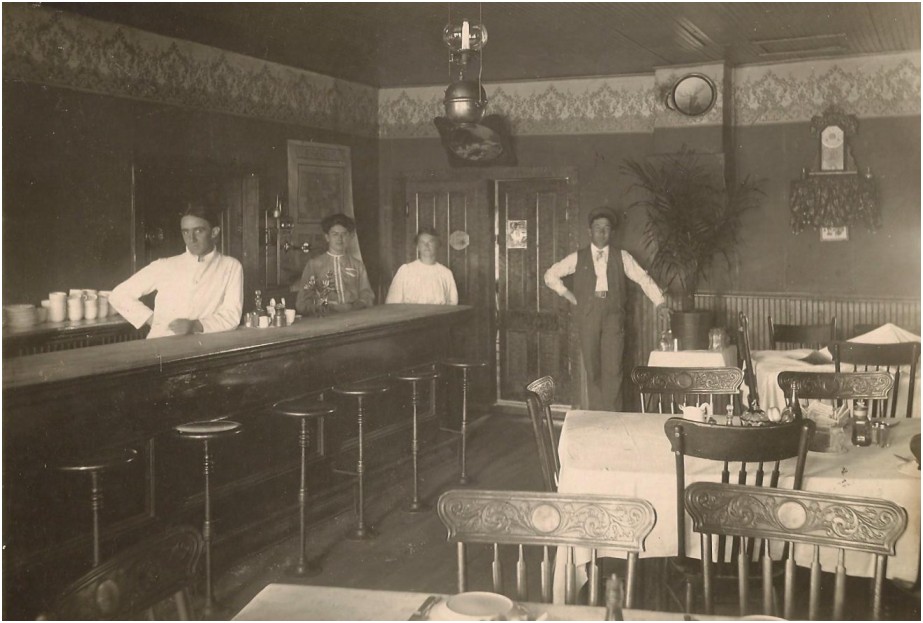
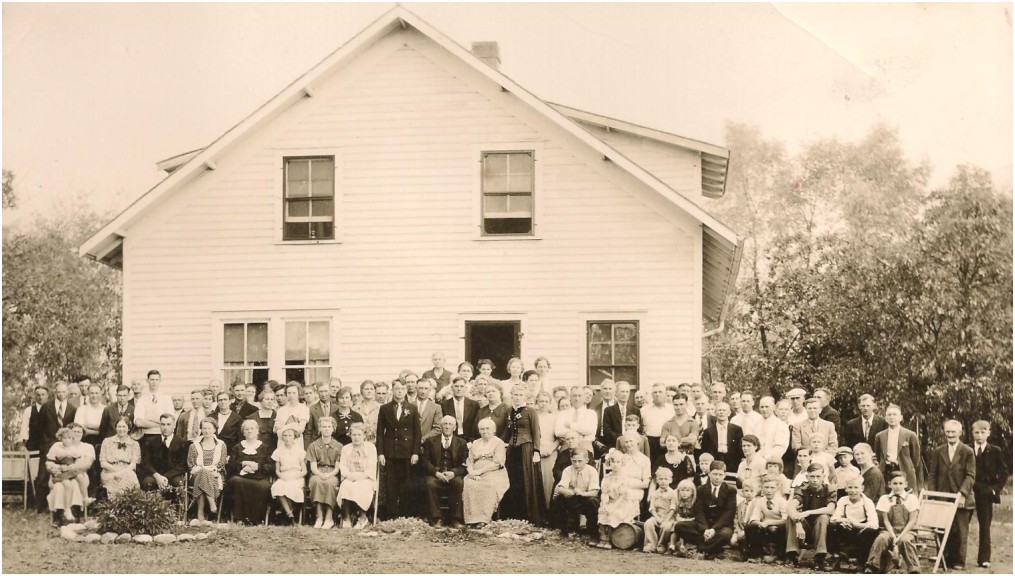
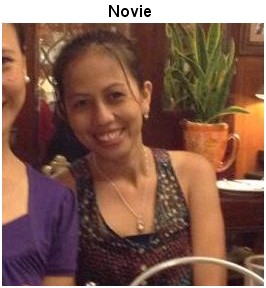
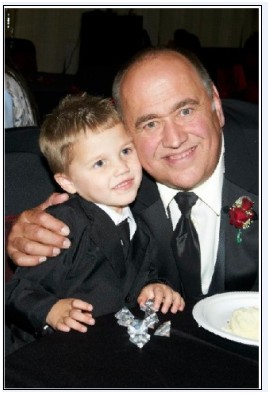

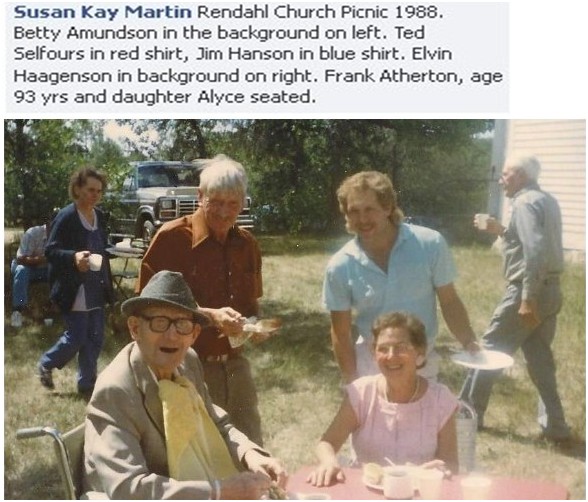
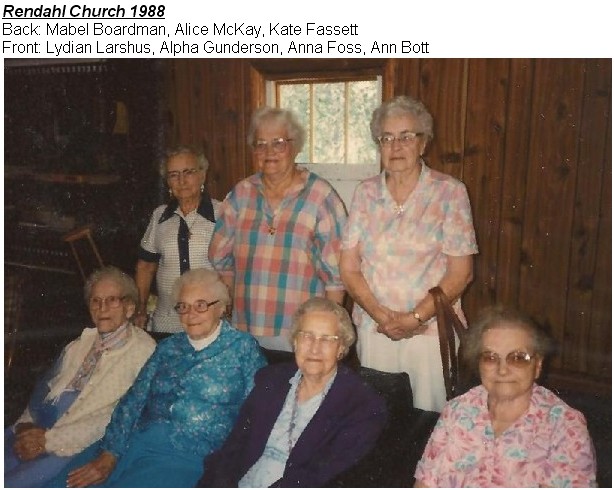

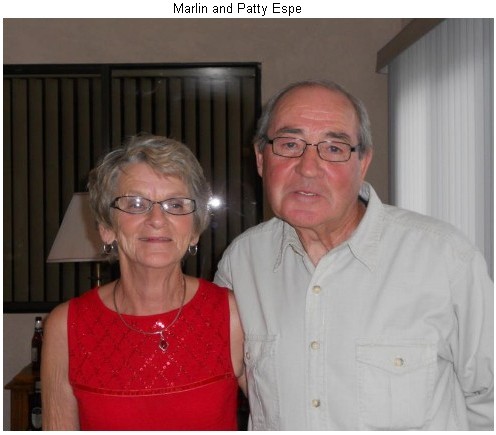
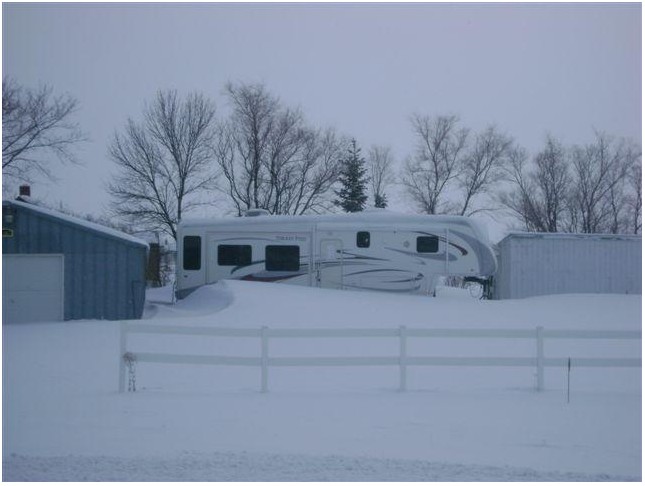
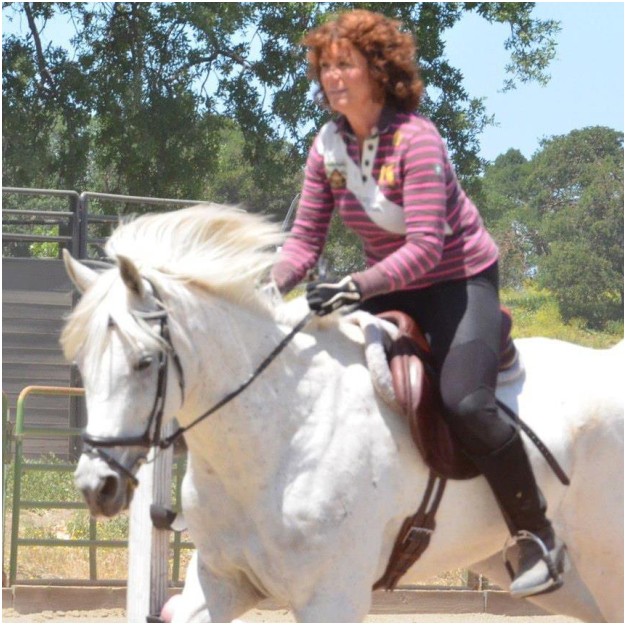
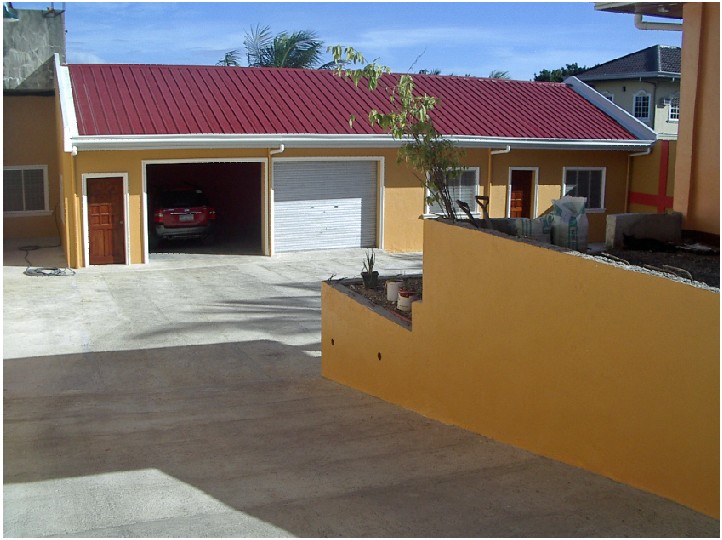
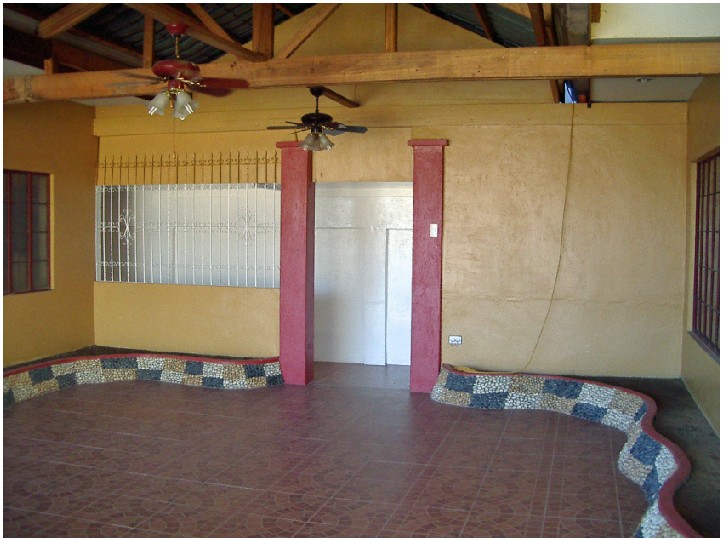
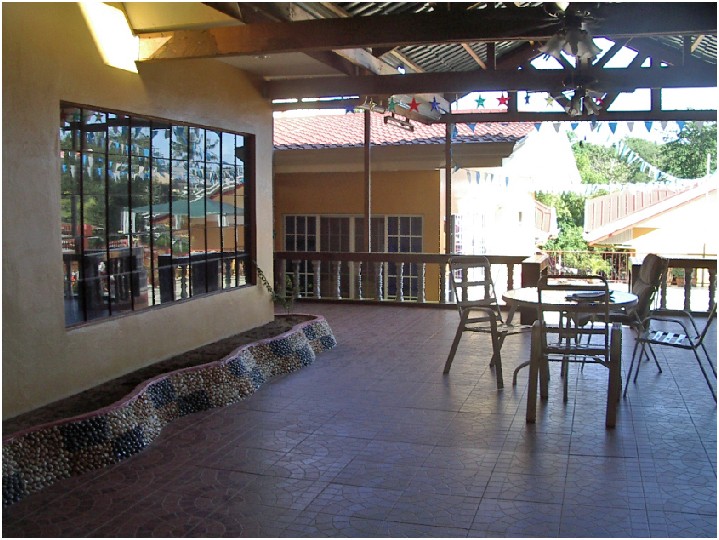
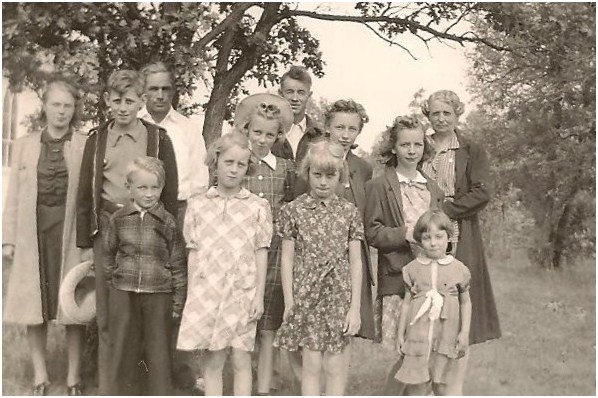
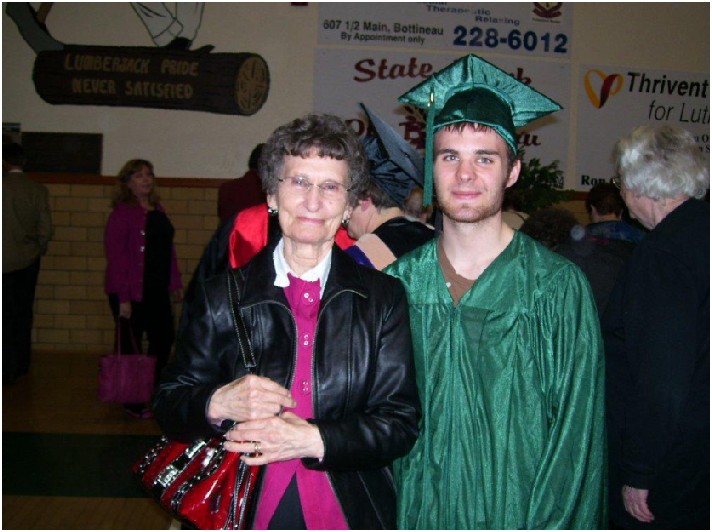
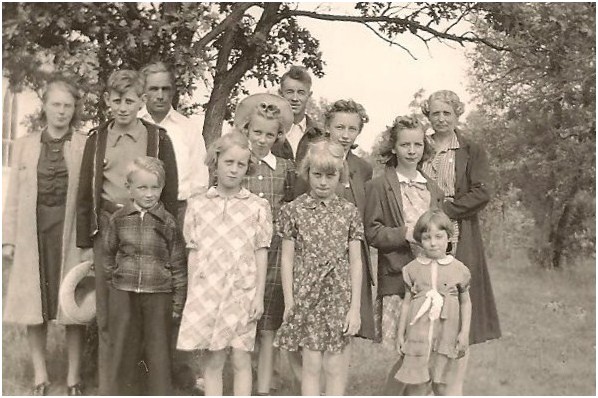

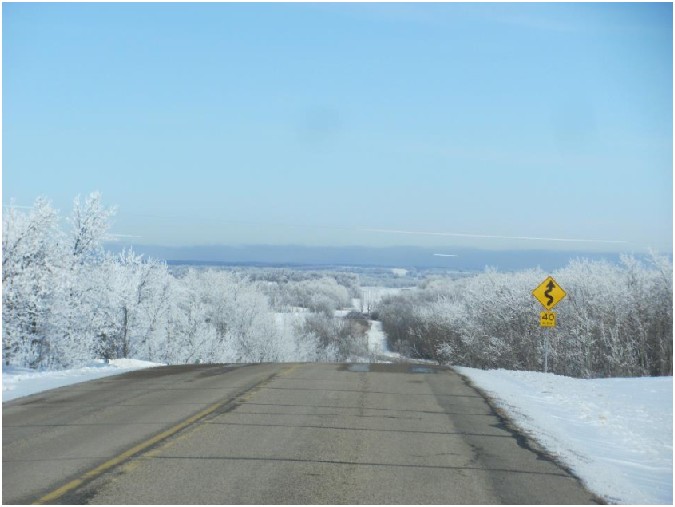
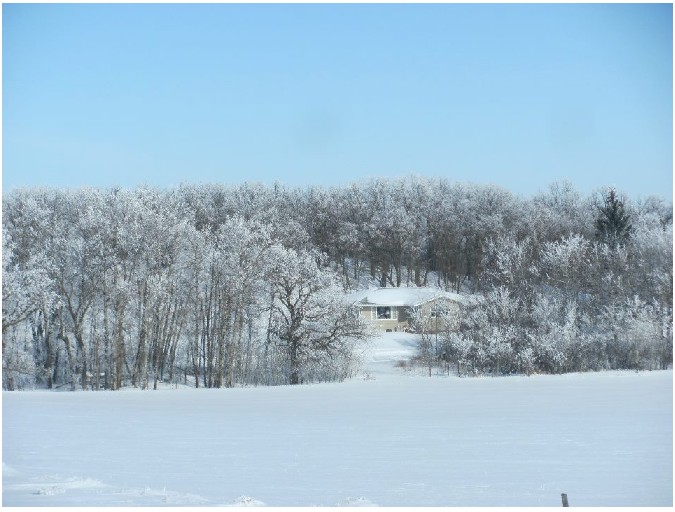

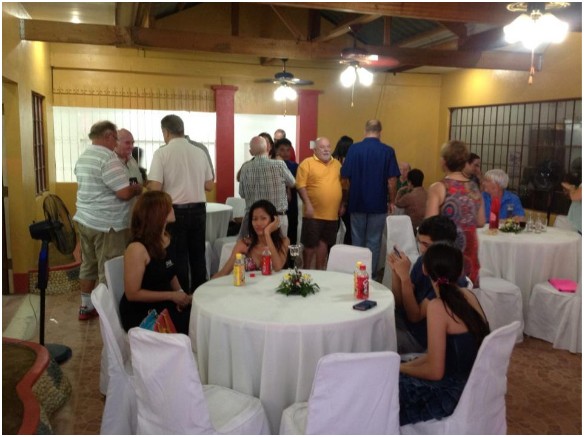



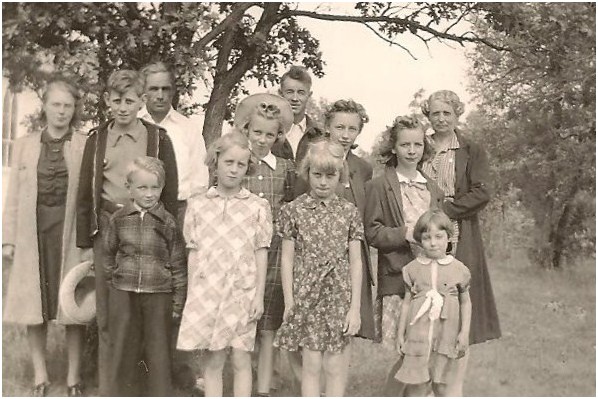
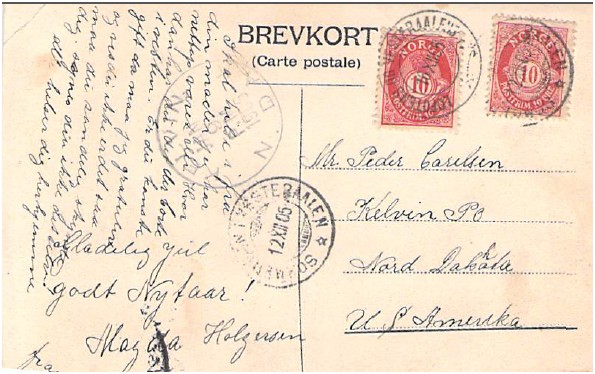
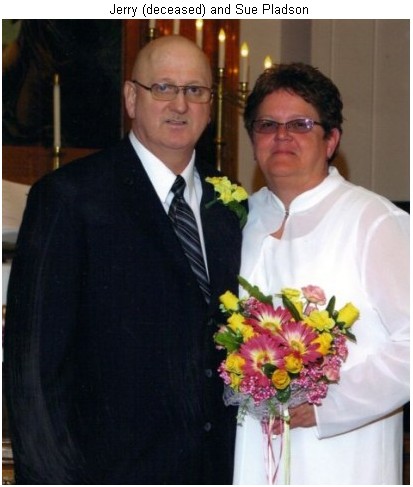
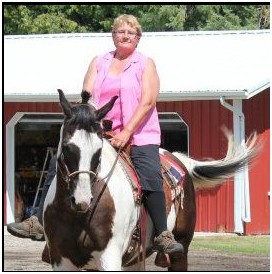
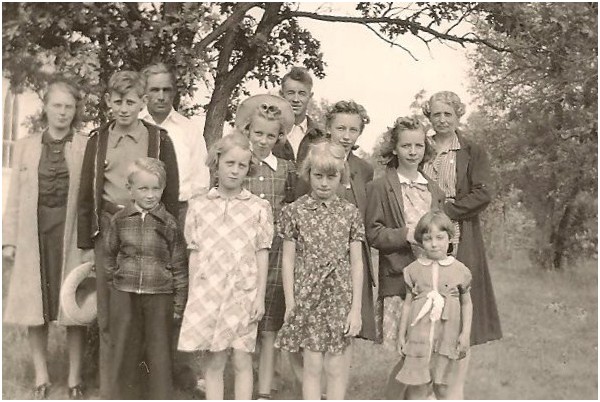
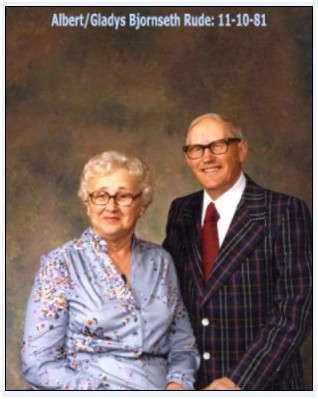
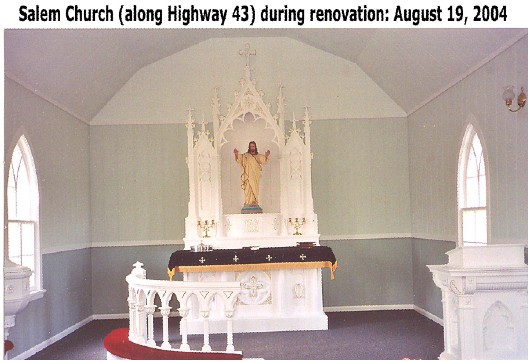
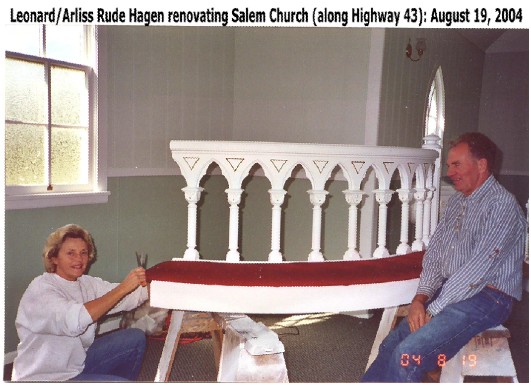
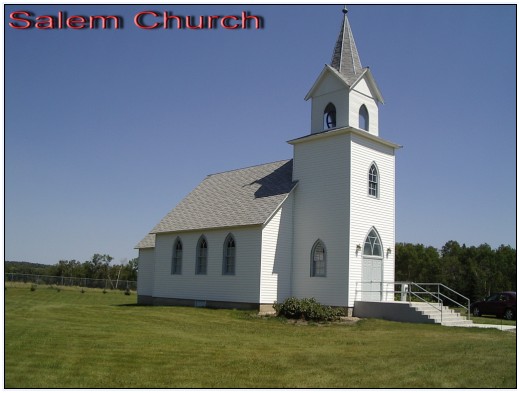
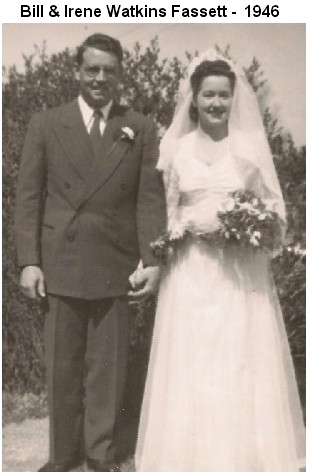
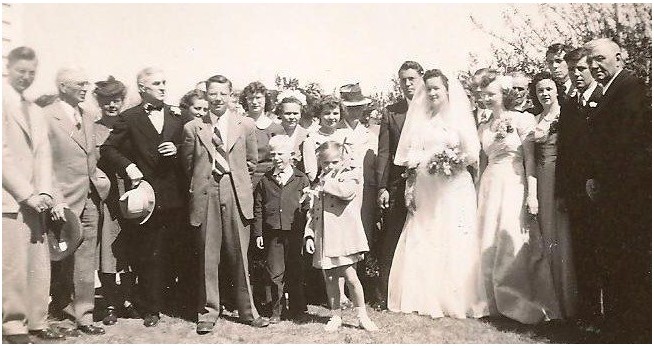
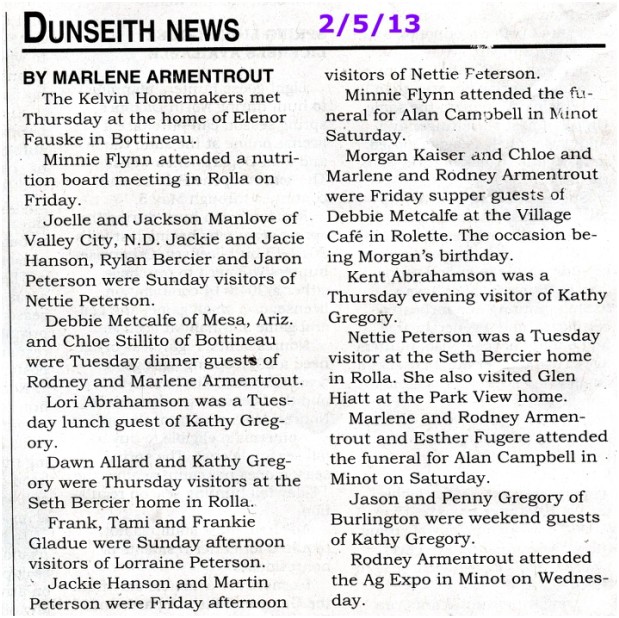
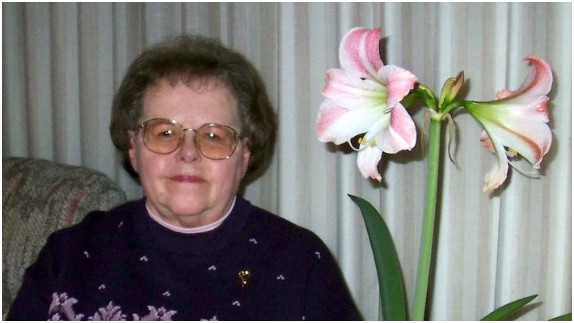
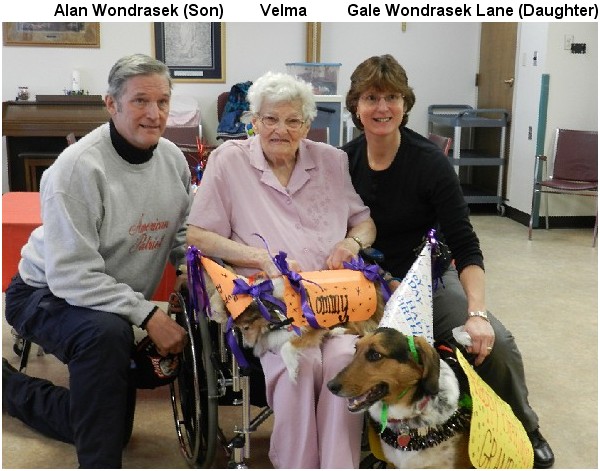
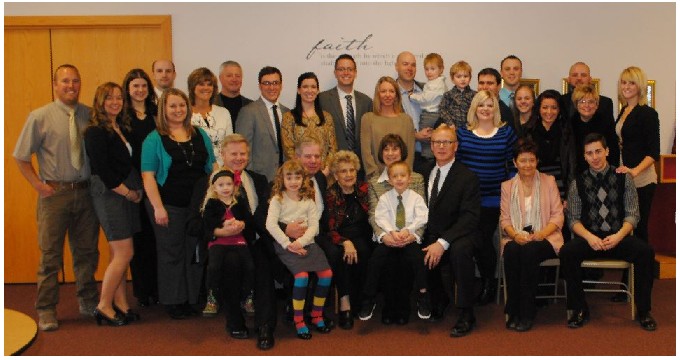
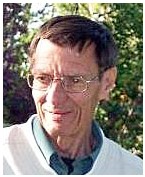


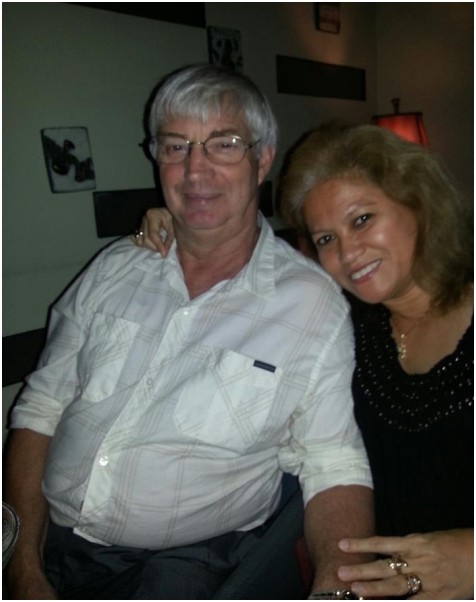
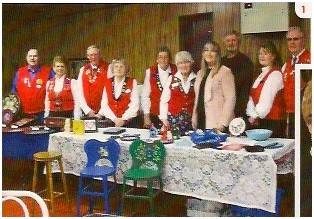
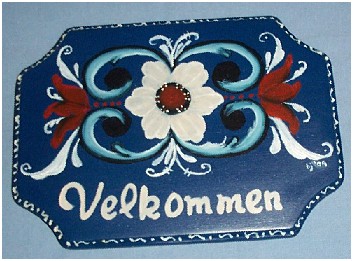
 God is good!
God is good!